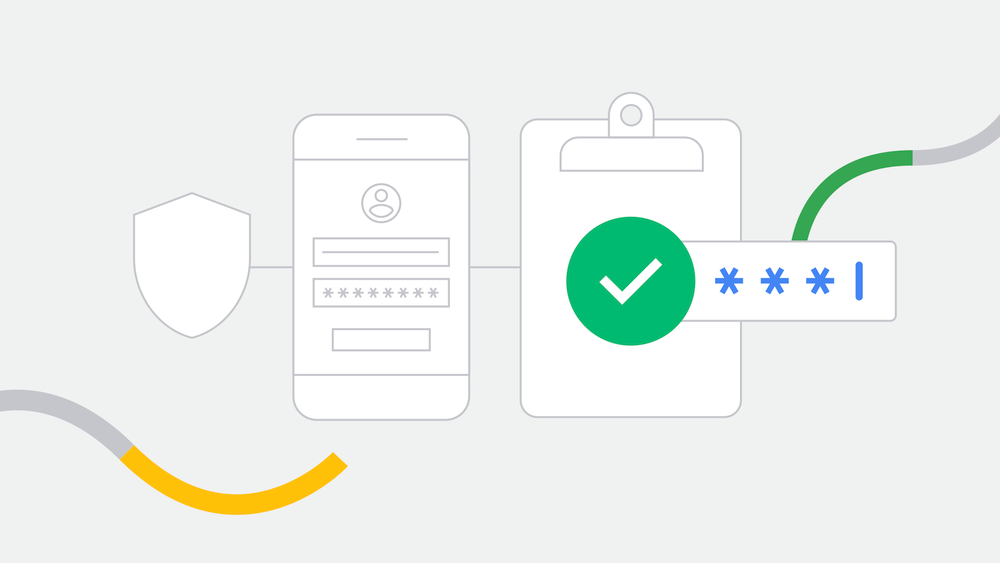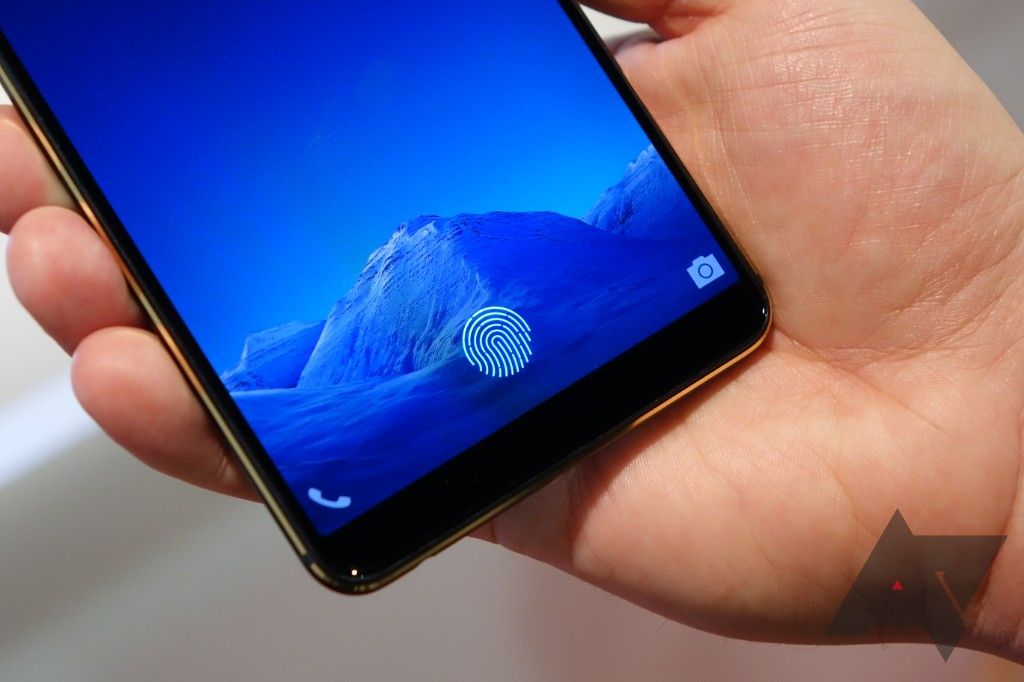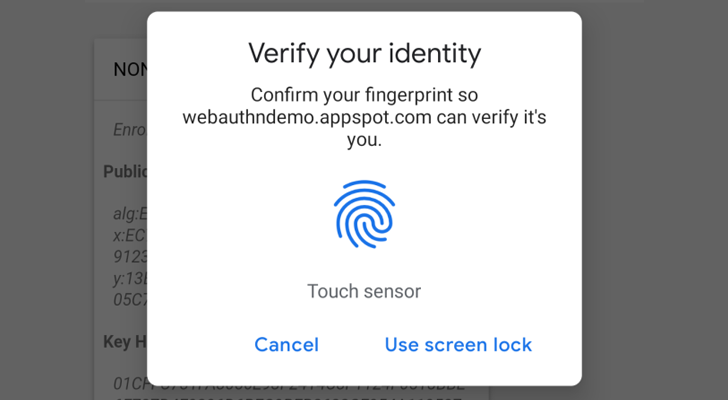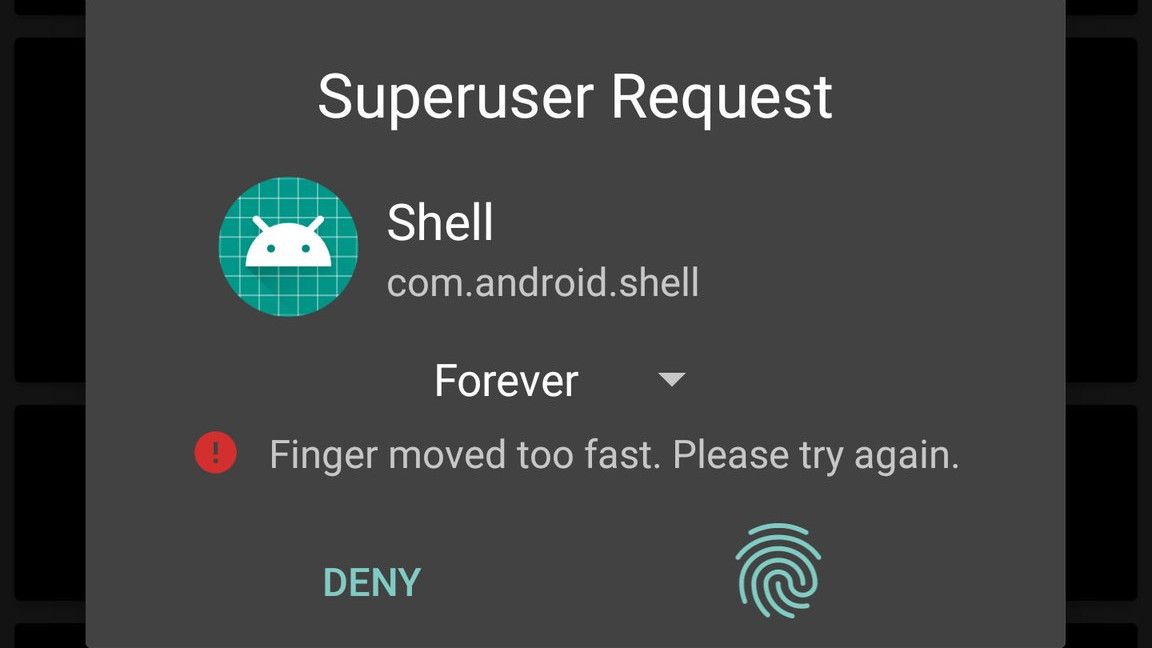latest

As you use your phone to sign in to apps and sites and make purchases, your details can be saved to your Google account so they're easily accessible from another device. Last year, Google added a security layer on top of these autofill prompts, to make sure only you can use your payment info and credentials. Now, a new setting allows you to sync those preferences across your devices.

Google Autofill on Android can require biometric authentication now
Just like most other autofill providers
Read update
It's been a couple of years since the Autofill API was added to Android and you've been able to use Google or other password managers to fill in your credentials and log in to apps. However, while most third-party password apps require you to verify your identity before releasing your details to another app, Google's autofill just surrendered those details willy-nilly as long as your phone was unlocked. That's not so secure. A recent change to Play Services fixes that by letting you require an on-the-spot authentication before Google autofills the data fields.

Google Chrome is working on biometric authentication for payment autofill
No more digging through your wallet to find that CVC number for authentication
A few months ago, we spotted Chrome working on Windows Hello integration for payment autofill authentication, sparing you from digging out your physical card to enter your CVC over and over. We've now found out that Windows isn't the only place where Google wants to make access to payment cards easier and more tightly integrated. The company is also working on system-wide authentication for Android (and possibly Chrome OS, Linux, and macOS). Sadly, the feature isn't fully live on any iteration of Chrome for Android yet.

Hampton introduces a trio of new smart locks at CES, including biometric and renter-friendly options
Over the last few years, smart home devices like locks, cameras, and lights have grown to have a significant presence at CES. Home security conglomerate Hampton, the parent company of numerous lock brands including Brinks, just introduced several new smart locks at CES 2020.

Read update
Despite its enormous user base, WhatsApp can often be slow to introduce the most hotly-anticipated new features. A Dark mode is still in the works, but fingerprint unlocking already came to iOS a few months ago. It's now finally available in the latest beta channel update to the Android app.

Most of us store almost our entire lives on our phones, and for that reason we want them to be secure. There are many ways to protect our data, including mere unlock patterns, passwords, and of course biometrics. While many trust the latter to be particularly safe, they can still be fooled. Indeed, we already know the S10's face unlock isn't particularly trustworthy, we thought its in-display fingerprint scanner to be foolproof, thanks to its ability to sense blood flow. However, a recent experiment proved the phone can be unlocked using 3D printed fingerprints, just like other handsets mistook fake heads for actual ones.

While we all wait for iFixit's eventual step-by-step, authoritative teardown of the Galaxy S10, JerryRigEverything has taken the matter into his own hands to show us the details, including that ultrasonic fingerprint sensor. We also get a glance at plenty of other hidden tech, waterproofing, and the inside of a heat pipe, though he ultimately has to wreck the phone for our collective education — a small price to pay for understanding.

It's far from a secret at this point that the upcoming OnePlus 6T will shirk the pesky external fingerprint sensor in favor of the as-yet-unproven, superior in-display variant. Snarkiness aside, I am personally skeptical at this point, but that doesn't mean the prospect isn't neat. And from the sounds of the latest blog post from OnePlus, the company is pretty excited to show off what it has accomplished with what it dubbed Screen Unlock.

Chrome 69 was a massive update, as it brought a brand new interface to both desktop and mobile. Now that v69 is on stable, the beta channel has been updated to version 70. This isn't as big of an update as the previous release, but it still has a few important improvements - particularly for security.

Given that fingerprint sensors have been on almost every non-budget phone for several years now, it's no surprise that a vast majority of secure apps offer fingerprint authentication. After all, who wants to type out a bunch of characters when you could just touch the back of your phone? Microsoft's OneDrive app is the latest to join the club, and we've got the APK if you need it.

Passwords are kind of a pain. You probably have sign-in credentials for about a million services, and ideally, they're all different. Password managers can help, but they're often finicky. A new standard by the FIDO Alliance and the World Wide Web Consortium (W3C) called Web Authentication API could simplify your digital life by allowing for password-free sign-ins across a wide variety of websites.

While new information keeps rolling out of Google I/O, some of the recently announced things are creeping out in various forms. After the keynote, we've been expecting some enhancements to Google Photos, and the latest update contains new text that makes it look pretty likely that we'll be getting them soon. There's also a subtle clue that may suggest we'll soon get to lock up some of our photos or albums and access them with a fingerprint.

With their fingerprint sensors, iris scanners, and facial recognition tech, Samsung phones feature more methods of biometric authentication than most, if not all, of their competitors. However, the Korean company is now being sued by a US-based "data security firm," PACid Technologies, for infringing on two US patents and one Korean patent with its biometric features.

Amazon's Key in-home delivery service was announced last October and its cameras and smart door locks became available in November. Since then, Amazon has been able to use Key to place your purchases inside your doorstep by asking you to grant its delivery staff access to your house and letting you monitor everything via camera. Now the Key app is getting one small but important update: fingerprint authentication.

Comcast's switch from XFINITY TV to XFINITY Stream about a year ago was met with lots of criticism for a number of reasons, and based on the latest Google Store reviews, users still aren't very happy. But here's something that might cheer you up: fingerprint authentication has been added for parental controls.

Southwest Airlines doesn't often push major changes to its Android app, with the last one being a redesign from back in November 2016. But this latest update adds fingerprint authentication, which makes logging into secure apps a lot less of a pain. It's kind of a late addition, but at least it's here now.

Newton Mail is an app that we cover from time to time here on AP. Formerly known as CloudMagic, the paid email app is reasonably popular with corporate users thanks to its multiple commercial and CRM integrations. It received a bump to v9.8.187, which adds fingerprint support to secure your emails.

Magisk is probably one of the most well-known and widely used root solutions these days, made famous for its root-detection mitigation strategies. Now both Magisk and the accompanying Magisk Manager have been updated to v15.3 and v5.4.4, respectively, this time bringing the convenience of fingerprint authorization to the dialog which grants root access.

Have you noticed that it takes just a bit longer to unlock your Pixel 2 XL when you use the fingerprint reader? If so, you aren't alone. In the last few weeks since the update, there have been multiple reports that the Pixel 2 XL takes about a second longer to unlock the device when using the fingerprint reader. The good news is that Google is looking into it.

If you have a recent Mercedes-Benz, you may have used the 'Mercedes me' app. It allows you to manage your car remotely, including starting the engine (2016 models or newer) and locking/unlocking the doors. The app currently has an average rating of 2.1 stars on the Play store, with the vast majority of reviews being one star.










